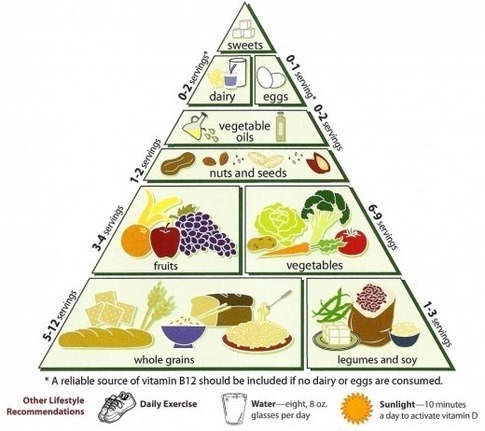
Balanced diet includes the right types of nutrients and proper amount of foods and drinks to supply adequate nutrition and energy. Balanced diet is essential to maintain body cells, tissues and organs that support normal development and growth. An unbalanced diet can cause problems with maintenance and growth of body tissues, brain and nervous system, bones and muscles.
There are certain food groups including dairy products, meat and beans group, fruit group, vegetable, grains and oil. It’s a must to include all of these food groups in your daily diet as per your fitness level and requirements. Focusing too much of any particular food group may also harm your health.
The proportion has to be decided based on your calorie level requirement. Always choose food with high nutrient density. You can include Honey Diet in your balanced diet routine. Honey is good for health. Talking about water, at least 8-10 glasses of water for women and 12-15 glasses of water for men. See USDA guidelines.
The USDA has also an online calculator to help you figure out how much of each type of food you should consume daily.
The two keys to a healthy balanced diet are:
- eating the right amount of food for how active you are, and
- eating a range of foods – this is what balanced means
The range of foods in your diet should include:
- plenty of fruit and vegetables
- plenty of bread, rice, potatoes,pasta and other starchy foods (choosing wholegrain varieties when possible)
- some milk and dairy foods
- some meat, fish, eggs, beans and other non-dairy sources of protein
- just a small amount of foods high in fat and sugar

It is true that the variety in diet humans have now was not possible even 100 years ago, but those people were eating fresh food that they had most likely grown and/or butchered themselves. it didn’t contain hormones, antibiotics or pesticides. Their environment didn’t have pollutants, their clothes hadn’t been treated with (poisonous) flame retardants. The lack of variety in their diet was not a big deal. Their immune systems were able to handle it. Ours, on the other hand, are frankly overwhelmed by the constant onslaught of chemicals and other substances we’re exposed to daily. And, if you’re eating foods processed with modern methods, your diet is not as varied as you think it is. It’s important to remember that everything we put in our bodies, from medication to the food we eat, interacts with and therefore causes a reaction of some sort inside our bodies. Physicians say that the average person is exposed to 10,000 chemicals every day. This kind of daily exposure allows the immune system to mount a response (an attack on the foreign substance) and allows sensitivities to develop. Vague symptoms like fatigue, headache, diffuse muscle pain can result.
What crash diet does to you
Crash dieting causes a lot of weight gain. Your body reacts to starvation by going into famine mode – conserving and storing fat, drastically slowing down it’s metabolism, and becoming more efficient with how much energy it burns. Our bodies are designed to keep us alive – not only this, but your body will make sure that it has as many reserves as possible in case this ‘famine’ happens again – which is why many people end up gaining more weight by crash dieting than if they had not dieted at all.
Starvation causes bingeing, overeating, craving fatty and sugary foods, feeling out of control, blood sugar swings (when your blood sugar drops, you got to eat, and mostly it’s going to be the first thing with sugar and fat in it you can grab). It’s not just a matter of willpower – you are fighting biological survival mechanisms that have been in place for as long as we have been a species.
So crash dieting, apart from the obvious dangers medically and nutritionally (it’s totally possible to be malnourished and overweight, too) – not only makes your body store more energy as fat as fast as it can, and burn up less energy from what you eat – but it drives to eat MORE.
So eat right, exercise and live your ‘life’ !




